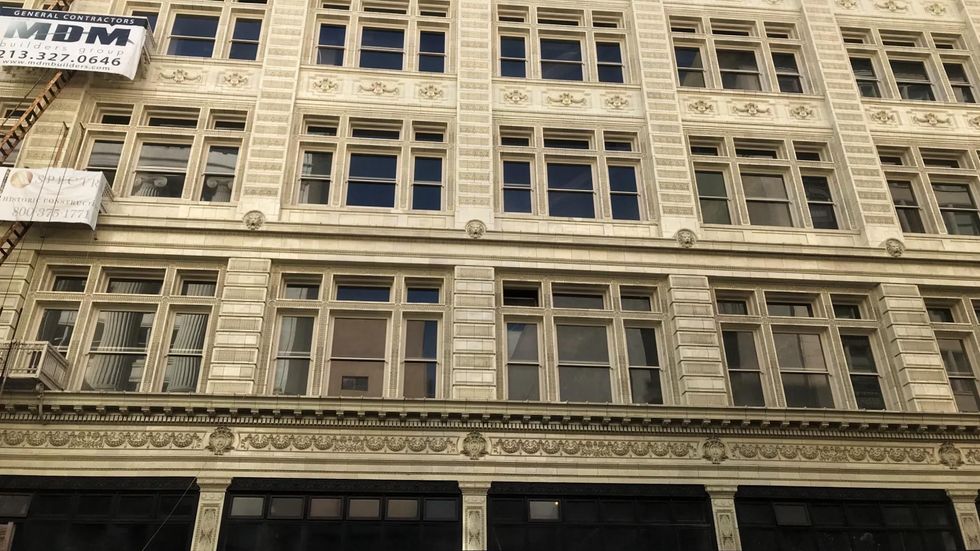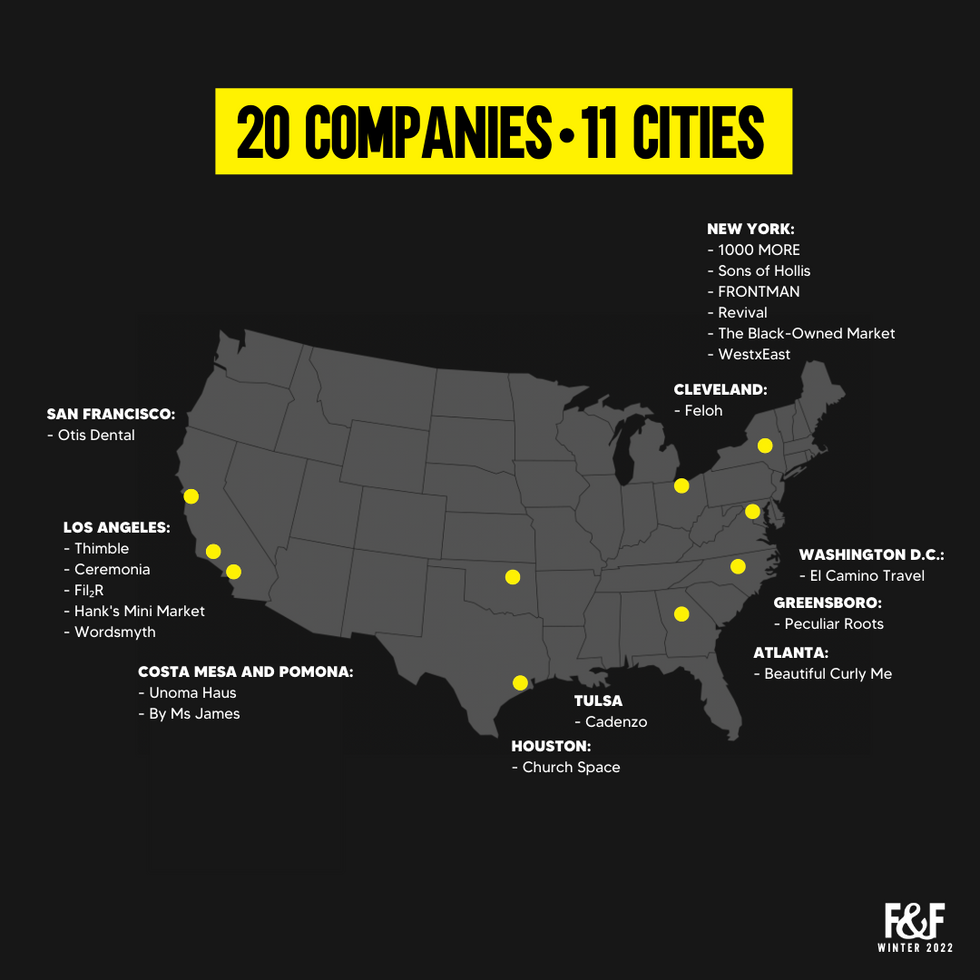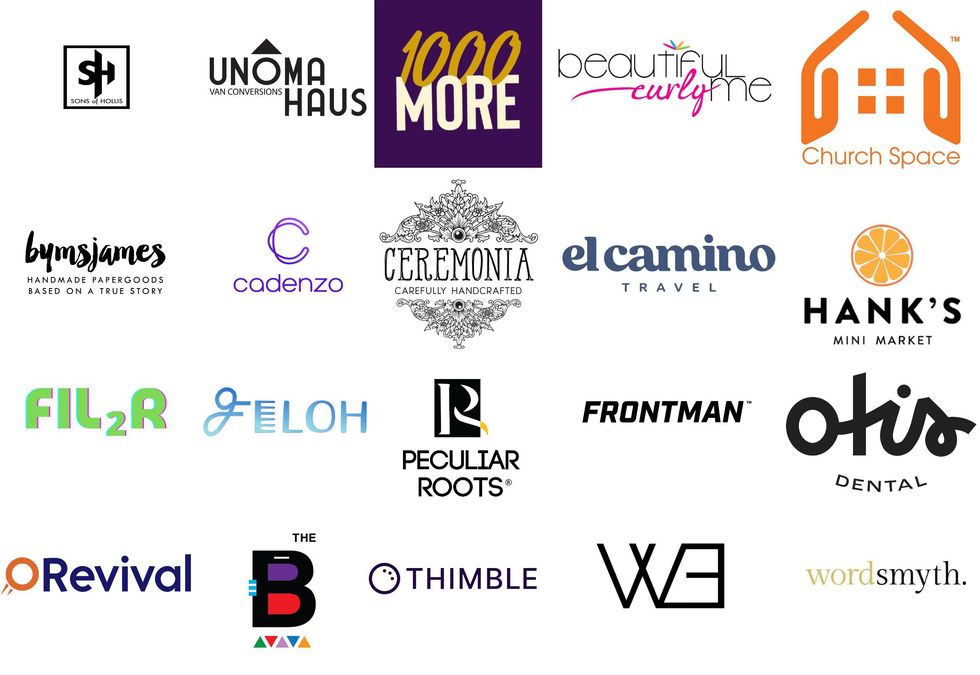Sign up for dot.LA's daily newsletter for the latest news on Southern California's tech, startup and venture capital scene.
In recent years, Techstars Los Angeles managing director Matt Kozlov has witnessed local investors pour more and more capital into health care startups across the region. It’s this sector—not entertainment or the creator economy—that he hopes to spotlight through the startup incubator’s next accelerator program.
Health care, after all, is a difficult market for startups to break into “if you don’t have support of the large institutional players,” said Kozlov, who helped Cedars-Sinai Medical Center launch a health-tech accelerator in partnership with Techstars several years ago.
On Monday, Techstars L.A. officially unveiled its spring 2022 accelerator class—and in line with Kozlov’s belief in the health-tech space’s massive potential, five of the 12 companies involved are developing digital health tools.
The 13-week program will bring early- to mid-stage startups from places as far-flung as London, Singapore and Mauritius to the accelerator’s new offices in Culver City. After meeting with some 250 mentors and potential investors in the Techstars community, the founders will select a core group of “board members” to help them prepare for a demo day where they’ll ideally secure investor capital.
The program offers each startup a $20,000 investment from Techstars L.A. in exchange for a 6% equity stake in their company. By the time it wraps, some founders will have already started fundraising; two companies in the spring 2022 cohort have already closed funding rounds since being accepted, Kozlov noted.
Beyond digital health, the founders selected for the spring class are building hybrid rockets, SaaS companies, proptech applications and services for e-commerce and retail enablement. Kozlov hinted that the accelerator’s next cohort, slated to start in September, will center around Southern California’s booming aerospace industry.
Here are the startups in Techstars L.A.’s Spring 2022 Class:
Aware Health partners with employers to provide muscle, nerve and joint pain care to their employees.
Bean is a marketplace and workflow management platform for accounting services.
Equatorial Space develops hybrid-engine rockets designed to make space launch more affordable.
E-commerce retailers can integrate GoFlyy’s platform to support customers making on-demand deliveries and returns.
Hormona is a digital health startup offering at-home hormone testing and a hormone management platform for women.
Max Retail (formerly SwapRetail) helps independent retailers and brands sell unsold inventory through a market network that includes B2B, B2C and liquidation channels.
Mind-Easy partners with employers to provide their workforce with culturally sensitive mental health resources.
Modal Living designs, manufactures and installs modular backyard dwellings and offices.
Next Generation Quantum is a quantum computing hardware and programming company.
Pear Suite’s cloud-based platform that assesses “social drivers of health” for older adults.
Rwazi is a data services company providing organizations with on-ground data on products, services and activities from Africa.
SQUID iQ is a SaaS company offering hospitals a health care technology management platform for medical devices.
- Techstars LA Names Matt Kozlov Its Managing Director - dot.LA ›
- Techstars Gears Up for Its 2021 Los Angeles Startup Showcase - dot ... ›
- Meet TechStars LA's 2021 Accelerator Cohort - dot.LA ›
- Cedars Sinai Health Ventures’ Maureen Klewicki on HealthTech - dot.LA ›
- Data Collection is the Name of the Game at Techstars Demo Day - dot.LA ›
- Techstars LA Relaunches Its Health Care Accelerator - dot.LA ›
- Techstars LA Relaunches Its Health Care Accelerator - dot.LA ›
- An Honest Review of Snap's 523 Accelerator Program - dot.LA ›
- Highlights From Techstars' 2022 Demo Day - dot.LA ›


 Built in 1907, the building once stood as Hamburger’s Department Store; it staffed about 1,200 employees and housed its own post office, public library and auditorium.Photo by Eric Zassenhaus
Built in 1907, the building once stood as Hamburger’s Department Store; it staffed about 1,200 employees and housed its own post office, public library and auditorium.Photo by Eric Zassenhaus A map of the startup companies in Grid110 and Slauson & Co.’s ‘Friends & Family’ program.
A map of the startup companies in Grid110 and Slauson & Co.’s ‘Friends & Family’ program.